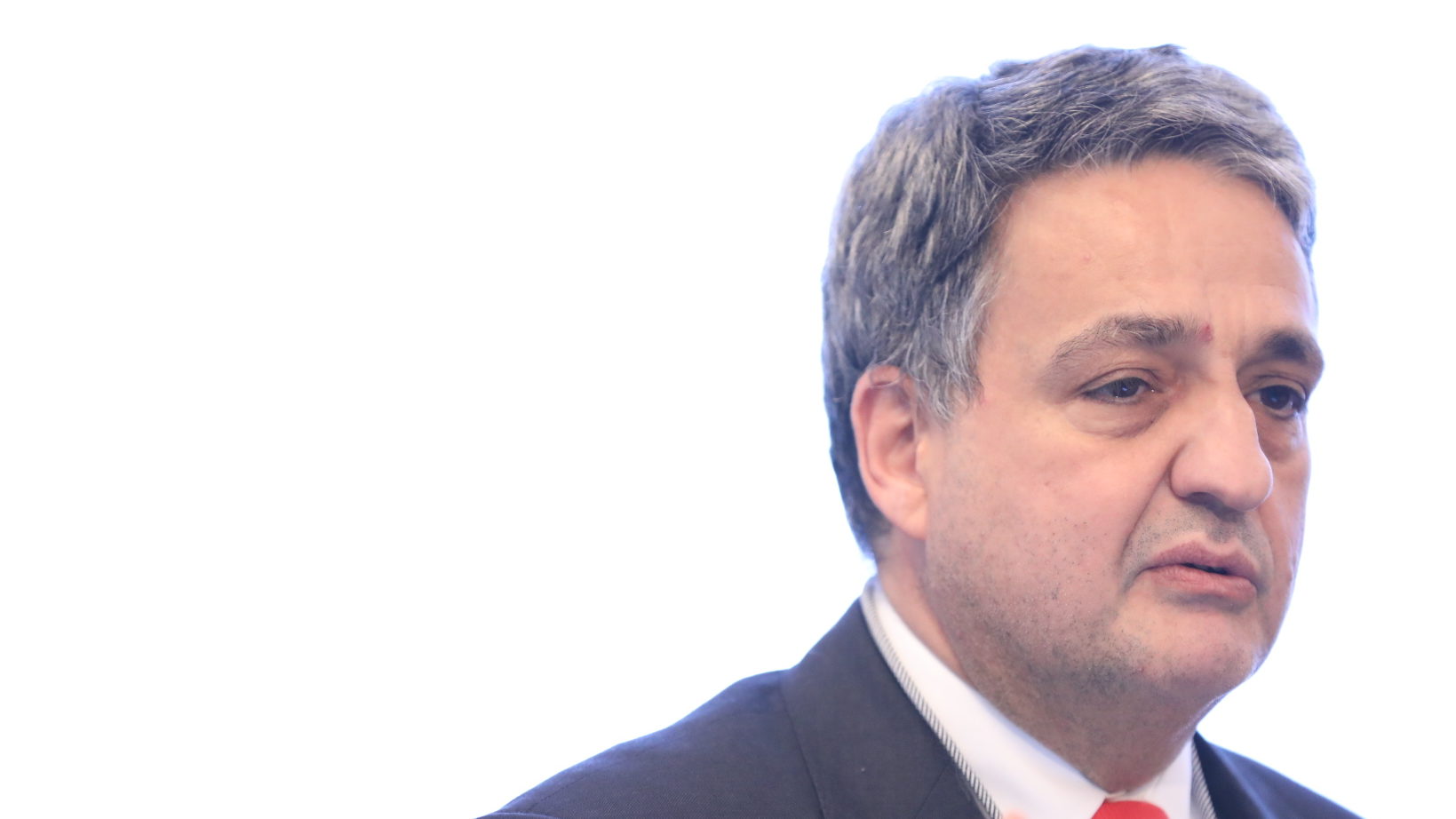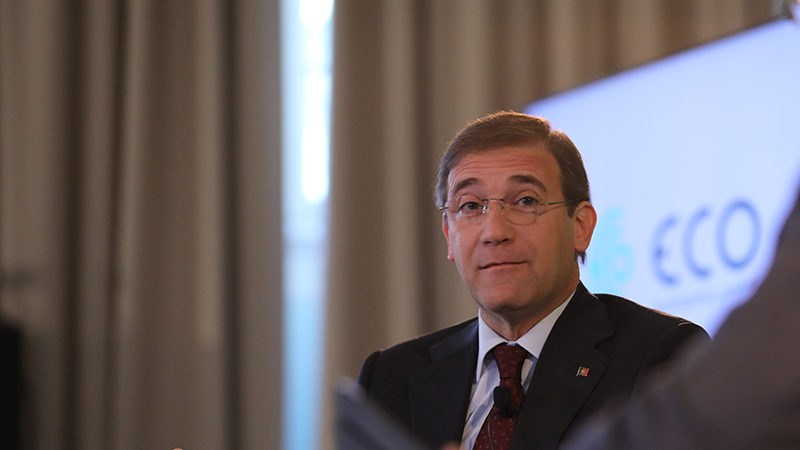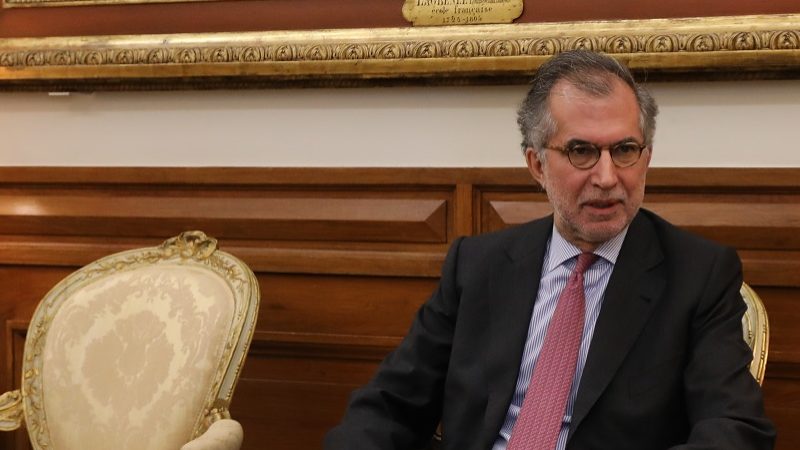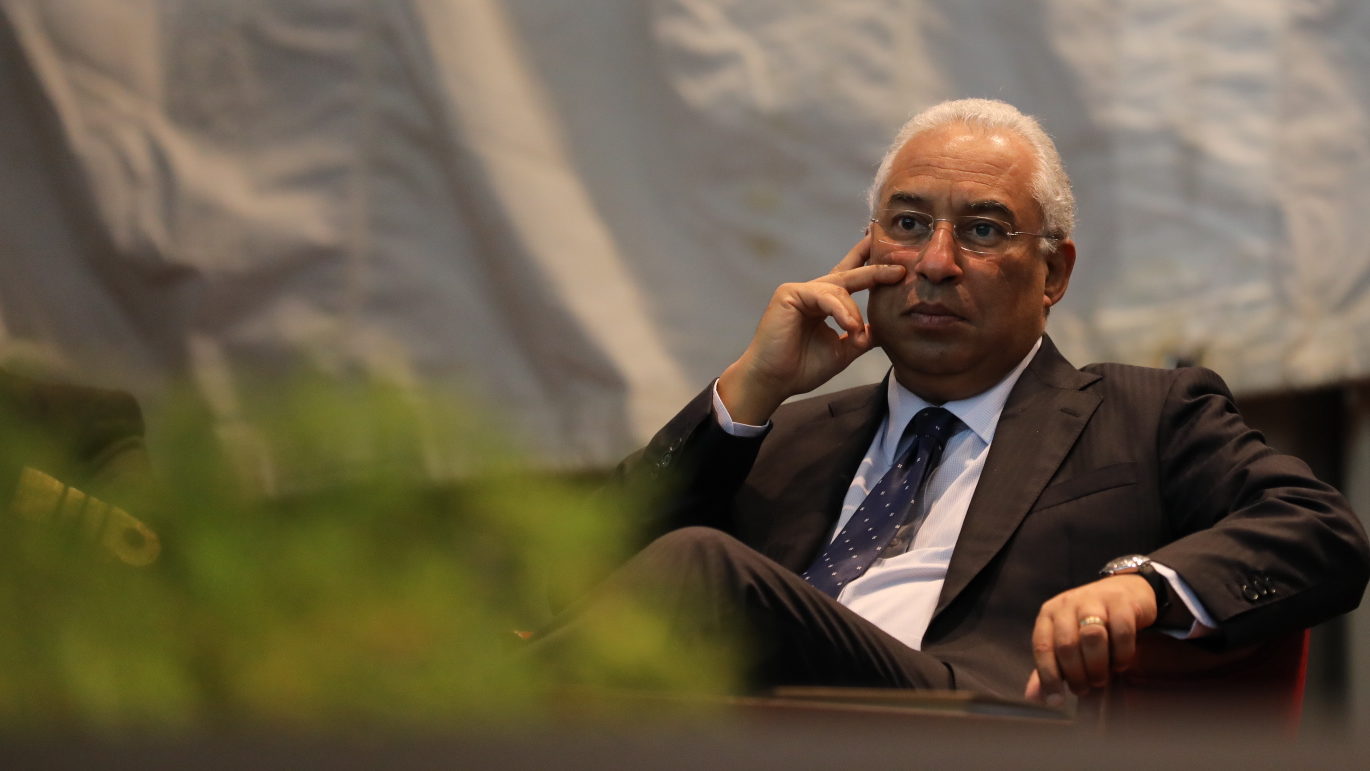ECB approved postponing CGD’s recapitalization to 2017
Postponing CGD’s recapitalization for the upcoming year has the European Central Bank’s seal of approval. Therefore, the first stage of the process should take place in the first week of 2017.
The European Central Bank (ECB) approved postponing the recapitalization of Caixa Geral de Depósitos (CGD) for the upcoming year. This decision had already been announced by the Portuguese minister of Finance Mário Centeno, but the government still needed the seal of approval from the bank headed by Mario Draghi. The first stage of the process should happen, therefore, during the first week of 2017; the decision aims to protect the Portuguese fiscal deficit.
The Portuguese newspaper Jornal de Negócios brings forward that ECB gave the green light to the public bank now headed by Paulo Macedo. CGD will be able to postpone the public capital injection to the first week of 2017. The operation at issue is the conversion in capital of 900 million euros in contingent capital instruments, plus interests, and the transfer of 49% of Parcaixa to CGD.
If the recapitalization were to happen this year, the impact on the deficit meant Portugal would risk not being able to leave the Excessive Deficit Procedure (EDP). Even if Portugal was able to place the deficit at 2.4% as the government estimated, considering the effects of the public injection on the deficit, the percentage would easily surpass the 3% limit. This means that although the operations made to support the financial system are not accounted for budgetary targets’ compliance, they prevent member states that are a part of the Excessive Deficit Procedure to leave it.
A reduction of six billion euros in Caixa Geral de Depósitos’s share capital through the extinguishing of one billion two hundred million shares with a nominal value of five euros each is still left to be made. From that amount, 1.4 billion euros are meant “to cover the remaining balance of the retained losses carried forward from past years, in addition to covering other negative distributable items”; the remaining 4.6 billion euros should be meant to “set up a free reserve for the same amount”.




